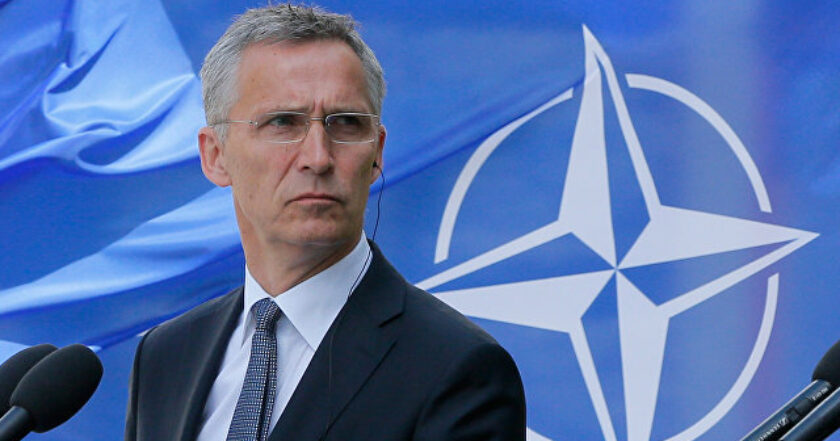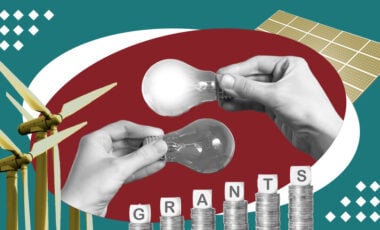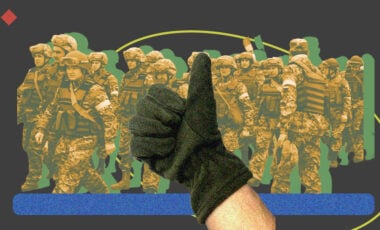Stoltenberg: NATO to reduce CO2 emissions from military activities by 2050 to zero

NATO Secretary General Jens Stoltenberg. Photo by АР
NATO sees climate change as a major security challenge and intends to reduce CO2 emissions from military activity to "zero" by 2050.
It was stated today by NATO Secretary General Jens Stoltenberg, speaking as part of the first dialogue on climate change, which took place in the format of the Public Forum during the Madrid Summit of the Alliance, Ukrinform reports.
"We have developed the first methodology for measuring greenhouse gas emissions from NATO, both civilian and military. Today, based on this new methodology, I can announce the first climate targets for NATO as an organization. By 2030, we will reduce emissions by at least 45 percent, and to zero by 2050," said Jens Stoltenberg.
He noted that part of this effort would be the phasing out of fossil fuels, the wider use of renewables and climate-friendly synthetic fuels in the military, and the increase in equipment energy efficiency.
"The technological revolution is taking place right now. Green energy is something that can bring huge benefits to our military. All new cars are now electric. I am convinced that in the future, the most advanced and stable will be military equipment and armed forces that will not rely on fossil fuels," said the NATO Secretary General.
Stoltenberg reminded that the war in Ukraine demonstrated how dangerous dependence on certain goods from totalitarian regimes is.
"russia is using energy as a weapon, and it is pushing for a quick break from dependence on russian oil and gas. At the same time, we must not replace one dependence with another. Many new "green technologies" depend on rare earths, much of which comes from China. We need to diversify our energy resources and existing supply routes," he said.
He stressed that the NATO Strategic Concept, to be adopted at the Alliance's summit in Madrid, identifies climate change as one of the major security challenges in the long run. That is why NATO and Allies will work to understand and assess this threat, adapt troops and infrastructure to it, and increase their own resilience.
"We cannot compromise on our military capabilities. NATO ensures peace through a safe deterrence and defense policy. There is nothing more important. If we cannot protect the peace, we will also not be able to protect the world from climate change. We must ensure our peace. "Armed forces with equipment that they can use in extreme heat or extreme cold, their ability to respond to emergencies, protect coastal structures from rising water levels and respond to the effects of military activity in the high latitudes of the North," he said.
Earlier, the European Union defined and enshrined at the level of European legislation the strategic goal of building a climate-friendly economy with zero CO2 emissions by 2050.
Read Rubryka's Timeline of War: current news on Ukraine's defense against russia's aggression.


















































